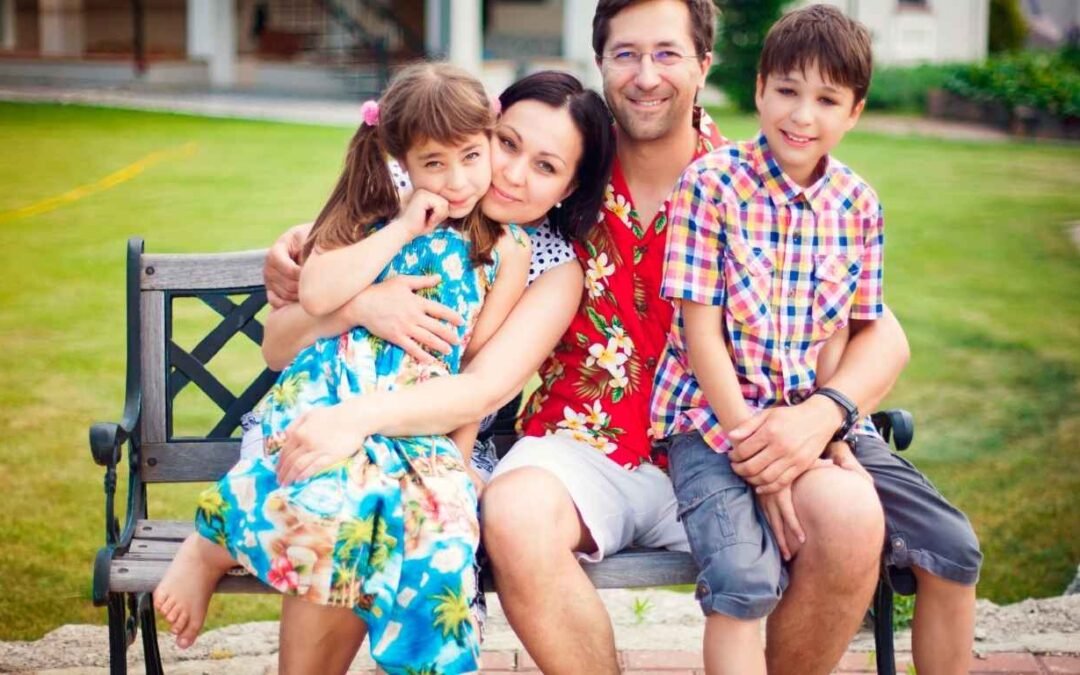Understanding the Role of Cash Value in Variable Universal Life (VUL) Insurance
What Makes VUL Insurance Different
Variable Universal Life Insurance, often called VUL insurance, offers more than just financial protection—it’s a flexible and growth-oriented approach to life insurance. It combines the lifelong coverage of permanent insurance with an investment component that allows policyholders to build wealth over time. In simple terms, it’s insurance that doesn’t just sit still; it grows with you. But to truly benefit from it, understanding one key feature—the cash value—is essential.
At its foundation, a VUL policy consists of three major elements: cash value, death benefit, and premiums. Each plays a vital role in shaping how the policy performs, how flexible it can be, and what kind of financial protection it provides for your loved ones. The cash value, in particular, acts as the policy’s engine—powering both investment potential and long-term financial flexibility. While traditional life insurance provides security, VUL gives you a say in how your money is invested, with the opportunity to grow your savings based on market performance.
How Cash Value Works in VUL Insurance
When you pay your VUL premium, part of it goes toward insurance coverage while another portion is directed to a separate account known as the cash value. This account can be invested in various funds—similar to mutual funds—ranging from conservative bonds to aggressive stock portfolios. The performance of these investments determines how quickly (or slowly) your cash value grows over time. That’s why market conditions and fund choices matter so much.
In good market years, your cash value can see remarkable growth. But in weaker markets, its performance may dip, which makes periodic reviews and adjustments important. While the investment portion introduces a certain level of risk, it also brings the potential for much higher returns than traditional whole life policies. Many policyholders view it as a way to merge protection and opportunity in one financial instrument.. something that feels both secure and ambitious.
Why the Cash Value Matters
Unlike a typical life insurance plan that only pays out after death, the cash value in Variable Universal Life Insurance serves as a living benefit. You can access it while you’re still alive through loans or withdrawals, or even use it to cover future premium payments. It’s a safety net you can tap during emergencies, a funding source for major expenses, or a reserve that strengthens your financial independence. The best part? Its growth is tax-deferred, meaning you don’t pay taxes on investment gains as long as the funds remain within the policy.
Using Cash Value During Your Lifetime
There are several strategic ways to make use of your policy’s cash value, and knowing when to tap into it can make a big difference in preserving both your wealth and your coverage.
1. Borrowing Against the Policy
One of the most popular ways to access cash value is through a policy loan. These loans typically come with favorable interest rates and don’t require a credit check. Borrowing from your VUL policy can help you cover emergencies, business investments, or personal expenses without disrupting your other financial plans. However, unpaid loans and accrued interest can reduce your death benefit, so repayment planning is key.
2. Partial Withdrawals
Partial withdrawals let you take out money from the cash value without creating a loan. This can be helpful for short-term goals—like paying medical bills, tuition, or even supplementing retirement income. Just keep in mind that every withdrawal slightly reduces your policy’s overall cash value and, in some cases, its death benefit. Depending on how the policy is structured, excessive withdrawals could also trigger tax implications, so it’s smart to consult a financial advisor first.
3. Using Cash Value to Pay Premiums
If your cash value has grown enough, you can use it to cover your future premium payments. This is especially useful during financially tight periods. However, relying too much on the accumulated funds for premiums can deplete your balance and risk policy lapse. A good rule of thumb is to treat the cash value as a tool for flexibility, not a replacement for consistent financial discipline.
What Happens to Cash Value After Death
A common question people ask about VUL insurance is, “What happens to the cash value when I pass away?” The short answer: in most cases, the beneficiaries receive the death benefit only—not the cash value. The cash value is mainly a living benefit, designed to serve you during your lifetime. When the policyholder dies, the insurer pays out the agreed-upon death benefit to the named beneficiaries, while any unused cash value typically reverts to the insurer.
However, some policies offer an option to include the accumulated cash value in the total death benefit. Choosing this feature usually means paying slightly higher premiums, but it ensures your beneficiaries recieve both the death benefit and the cash value you’ve built over the years. The choice depends on your goals—whether you want to maximize lifetime use of your cash value or pass on a larger payout to your family.
It’s also worth remembering that any unpaid policy loans or withdrawals are deducted from the death benefit before it’s distributed. For example, if you have a $400,000 death benefit and an outstanding loan of $30,000, your beneficiaries will recieve $370,000. Understanding this dynamic helps you plan better and ensure your coverage aligns with your intentions for loved ones.
Tax Implications of Cash Value and Death Benefits
One of the greatest advantages of VUL insurance is its tax efficiency. The cash value grows on a tax-deferred basis, which means you don’t owe taxes on the earnings as long as they remain in the policy. When you pass away, your beneficiaries usually receive the death benefit tax-free. However, things can get more complex if loans or withdrawals were taken before death. In such cases, unpaid loans or gains withdrawn in excess of the premiums paid might be taxable as ordinary income.
Additionally, the way a policy is owned can affect its tax treatment. For instance, if the policy is part of a trust, specific trust tax rules may apply. Because tax laws vary by state and individual circumstance, it’s always wise to work with a licensed tax professional who can help navigate the nuances of your policy’s structure.
Common Misunderstandings About VUL Cash Value
“Does the Cash Value Automatically Increase the Death Benefit?”
Not necessarily. Most VUL policies offer two death benefit options: one pays a fixed amount, while the other includes both the base benefit and the accumulated cash value. Choosing the latter increases your potential payout, but also comes with higher costs. Review your policy documents or talk to your insurer to confirm which option you have.
“Can Beneficiaries Access the Cash Value Directly?”
No. Beneficiaries typically only receive the death benefit. The cash value exists primarily for the policyholder’s lifetime use, functioning as a personal financial resource rather than an inheritance component—unless you’ve selected the inclusion option mentioned above.
“Is VUL Insurance Worth the Cost?”
That depends on your goals. If you value flexibility, long-term growth potential, and the ability to access your funds while keeping lifelong protection, then yes—it can be a smart and efficient choice. However, it does require active management and an understanding of investment risk. A VUL isn’t a “set and forget” type of plan; it’s for those who want to take an active role in shaping their financial future.
Making the Most of Your VUL Policy
Getting the best out of a Variable Universal Life Insurance policy means treating it as part of a bigger financial picture. Regularly review your policy, diversify your investments, and reassess your goals as your life changes. Think of it as an evolving partnership between protection and opportunity—one that grows stronger with consistent care and professional guidance.
Building Financial Stability Through Smart Insurance Choices
Life insurance isn’t just about preparing for the unexpected—it’s about building a legacy of financial confidence. Variable Universal Life Insurance offers a rare combination of growth and protection, helping you balance today’s needs with tomorrow’s dreams. The cash value component, when managed wisely, can serve as a bridge between short-term liquidity and long-term wealth building.
For anyone seeking financial flexibility, VUL insurance deserves serious consideration. Learn more about how it compares with traditional options like Roth IRAs, 529 college plans, or 401(k)s. Each plays a unique role, but VUL stands out for its ability to combine coverage and growth in one plan. To see what kind of protection and cash value potential you could build, get your personalized insurance quote today—or dive deeper into Variable Universal Life Insurance and start shaping a financial plan that evolves as you do.

